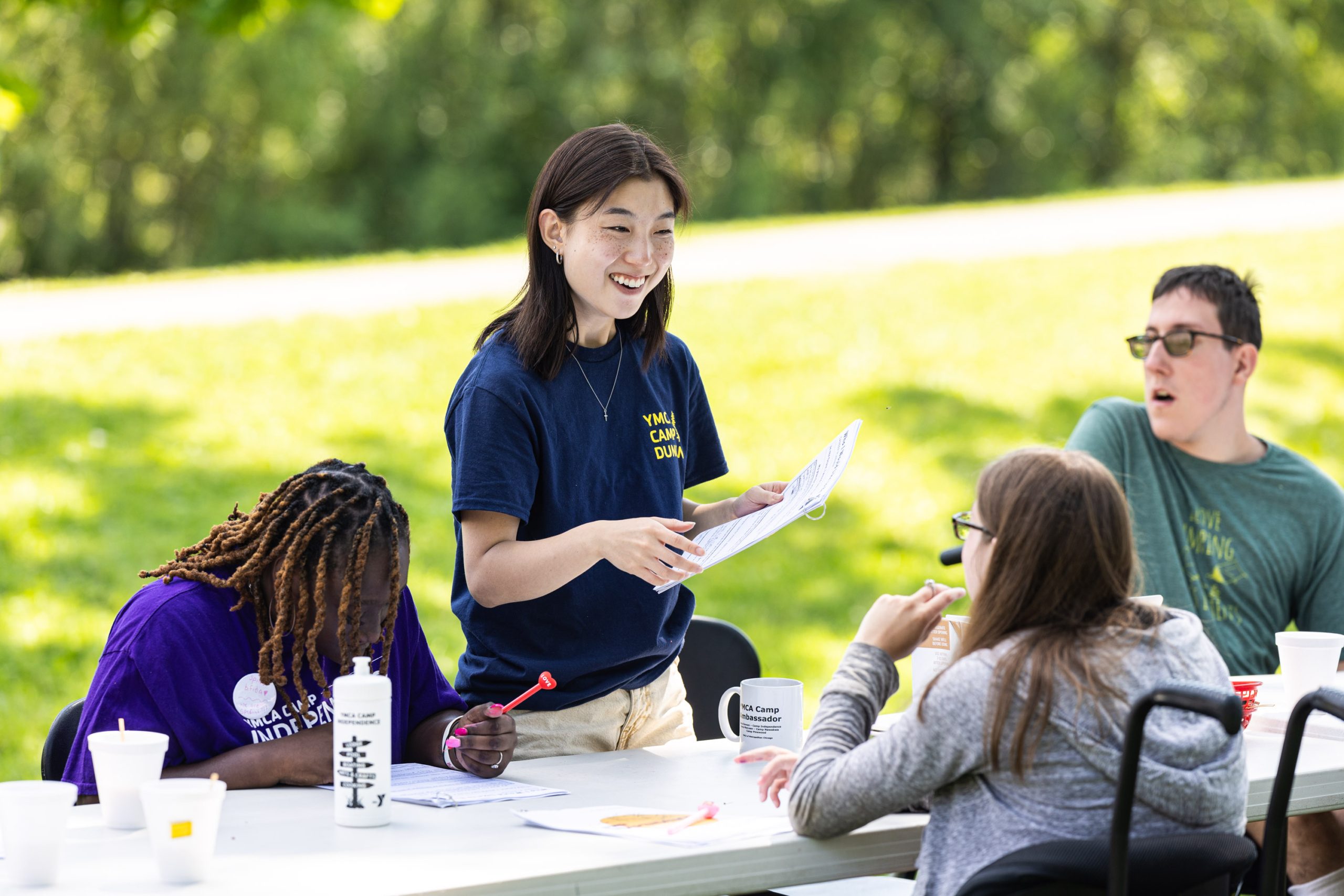Empowering Individuals with Spina Bifida at Camp Independence

Pioneering Research on Spina Bifida: A Psychologist’s Journey
In the early 1980s, as a fresh-faced PhD candidate in clinical psychology at Virginia Commonwealth University, Dr. Thomas Holmbeck found himself immersed in a world he had yet to discover: spina bifida. It wasn’t until his internship at Lurie Children’s Hospital of Chicago that he encountered this complex condition. “At that time, I really didn’t know much about it,” he recalled, reflecting on the way spina bifida connects clinical practice with developmental psychology.
Dr. Holmbeck’s fascination with adolescence played a pivotal role in shaping his academic and professional path. He noticed a striking trend during his time at the spina bifida clinic: children with the condition often thrived in their early years but faced increased challenges during their teenage years. “There’s a natural desire for independence during this time,” he explained, “but that desire can clash with the serious medical regimens that many kids with spina bifida have to follow.”
His keen interest in the dynamics between adolescent development and chronic health conditions led him to delve deeper into spina bifida’s impact on young lives. Holmbeck studied how this condition influences not just health but the very essence of growing up—social interactions, educational experiences, and personal autonomy. He became a staunch advocate for the importance of addressing these issues through tailored interventions.
In his journey, Holmbeck crossed paths with Dr. David McLone, a neurosurgeon who founded Camp Ability (now known as Camp Independence) back in 1989. Dr. Holmbeck joined the camp’s mission a few years later and has dedicated nearly a quarter of a century to this cause. Initially involved in more relaxed interactions with campers, he and his graduate students started developing innovative interventions based on his research. They aimed to tackle core psychological challenges faced by campers, including aspects of executive functioning, social skills, and the goal of gaining independence in both social and medical realms.
What makes this initiative unique, Holmbeck notes, is its commitment to maintaining a fun and engaging camp environment while simultaneously empowering the kids. “Our goal is not only to increase independence but to do it in a context where kids can enjoy themselves,” he emphasized.
The effectiveness of this approach has garnered attention. A study published in the Journal of Pediatric Psychology in 2013 highlighted that the majority of campers benefited significantly from the intervention provided by the CHATS lab at the camp. Data revealed that one month post-camp, both parents and campers reported improvements in self-care, social interaction, management of medical tasks, and overall independence. These findings underscore the vital role such specialized programs can play in the lives of children with spina bifida.
Holmbeck remains optimistic about the broader implications of his work. “When I first started researching this population, there was a glaring lack of academic focus on spina bifida,” he admitted. This shortcoming poses risks for children, who often exhibit academic struggles. “Understanding the unique profile of children with spina bifida allows us to tailor educational approaches, equipping teachers and parents with the knowledge to enhance their school experience,” he explained.
The impact of this awareness extends beyond academic success. Mental health considerations and other associated challenges also benefit from a shift in understanding. “The more that caregivers, educators, and the community are informed about the specific needs of these children,” Holmbeck stated, “the better support we can provide to foster their development and wellbeing.”
In a world slowly awakening to the nuanced needs of children with chronic health conditions, Dr. Holmbeck’s work stands as a beacon of hope and progress. His commitment to integrating psychological insights with practical interventions serves as an essential reminder that even amid medical challenges, with the right support and understanding, children can thrive.
As he reflects on nearly three decades of involvement in Camp Independence, Holmbeck remains excited about the future. With ongoing research, advocacy, and community support, the potential for enhancing the lives of those with spina bifida is vast. By addressing their unique challenges today, we pave the way for a brighter, more inclusive tomorrow.
As society progresses, there’s a pressing need for more such initiatives that bridge the gap between healthcare and developmental psychology—ensuring that children with spina bifida not only cope but flourish as they navigate the complexities of adolescence and beyond.







